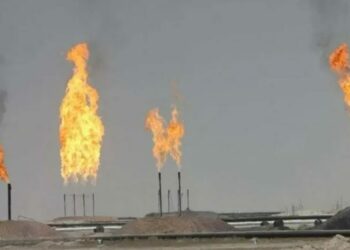An internal crisis is brewing within the Pakistan Democratic Movement (PDM) and the days ahead call for some difficult decisions that will have far-reaching consequences. Even as they say they share a common goal, the challenges for each opposition party in the PDM are quite different.
The opposition alliance, in an expected move, postponed its long march planned for later this month, amid differences on the issue of resigning from the assemblies. The PPP had “reservations” over linking the resignations with the march and had sought time to hold consultations within its Central Executive Committee (CEC).
In a rather unseen twist, PPP’s co-chairman, Asif Ali Zardari, asked Sharif to return home before working on the nuclear option of mass resignations. His jibe at Senator Ishaq Dar’s absence from the Senate polls was a further sign of disenfranchisement within the coalition.
The JUI-F, which has the least to lose, is taking the hard-line stance that all PDM lawmakers must resign. The PML-N is not part of a government in any province and therefore would be less affected in the case of mass resignations. PPP is alone in its reluctance to resign en masse.
The party’s suggestion of consulting constitutional law experts is valid, as resigning from the assemblies is an extreme decision that could have serious political repercussions. Meanwhile, the PTI government is looking more confident than ever after winning the Senate’s top slots. Prime Minister Imran Khans’ administration has remained steadfast in speculations about his tenure running its course.
While it is not clear how it will affect the ‘long march’ on the capital, which is part of the alliance’s final-stage strategy, it doesn’t bode well for the future of the alliance. For now, the PDM needs to address its internal challenges if it wants to avoid disintegration.



























